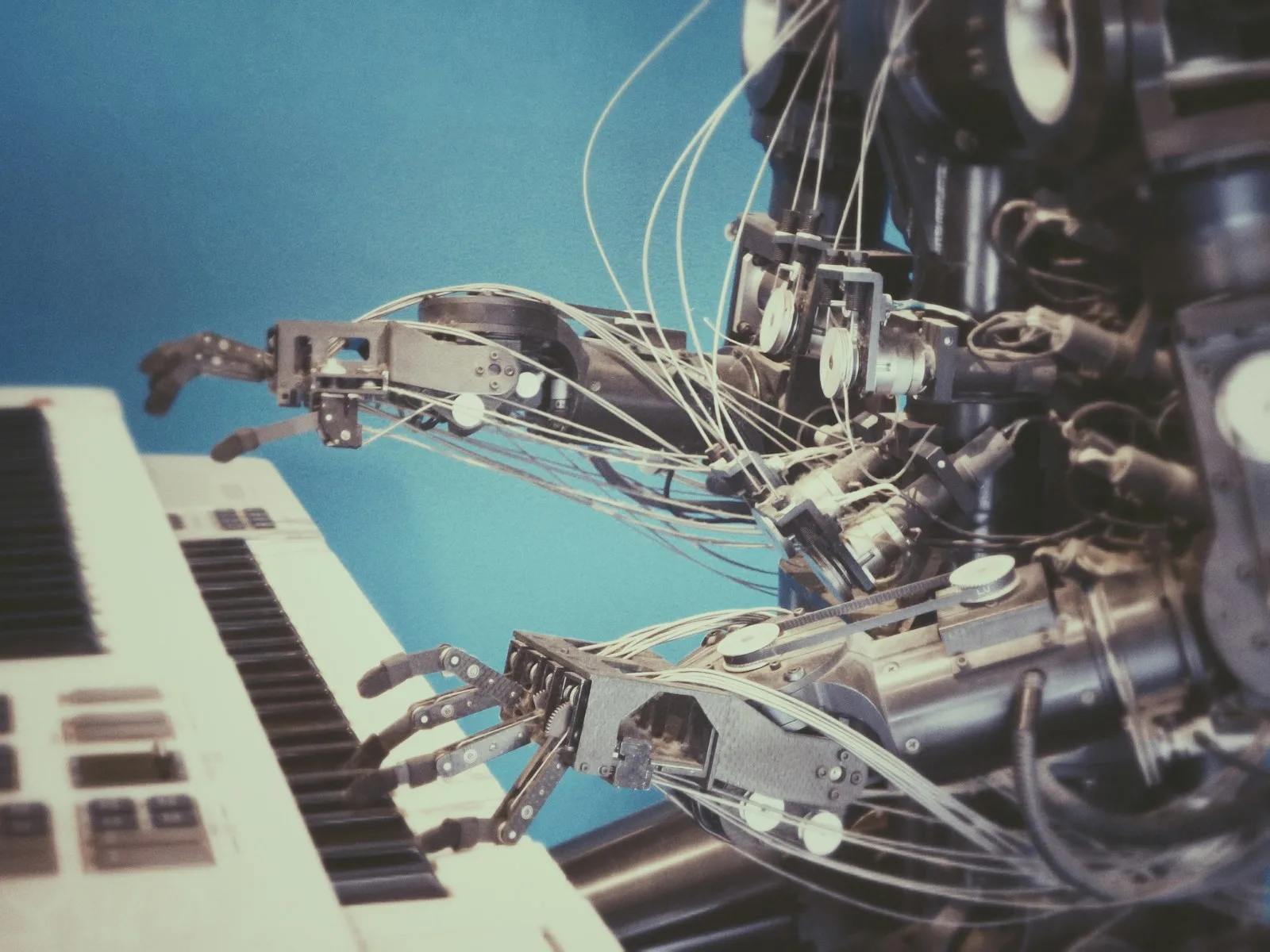Exploring the Potential of Artificial Intelligence in Everyday Life
Artificial Intelligence (AI) is no longer just a futuristic notion; it’s a real part of our daily lives. From smartphones to home automation systems, AI is increasingly influencing various aspects of our daily activities. This comprehensive guide delves into how AI is being integrated into everyday life, enhancing efficiency, convenience, and even safety, and what this means for the future.
Understanding Artificial Intelligence
Artificial Intelligence involves creating computer systems that can perform tasks that typically require human intelligence. These tasks include decision-making, object detection, speech recognition, and translation between languages, among others. The core of AI is built on machine learning algorithms that enable it to learn from and adapt to new data without human intervention.
AI in Everyday Life: Applications and Examples
- Smart Home Devices
- AI powers smart home devices like thermostats, security cameras, and voice assistants. These devices learn from your habits and preferences to enhance energy efficiency, security, and convenience. For instance, smart thermostats can adjust the temperature based on your routine, and smart fridges can keep track of your groceries and suggest recipes.
- Healthcare
- AI in healthcare is revolutionizing patient care with predictive analytics, personalized medicine, and robotic surgery. Apps and wearables that monitor health data can provide early warnings about potential health issues by analyzing trends and deviations in vital signs.
- Transportation
- Autonomous vehicles, including cars, drones, and even public transportation, are being developed using AI. These technologies promise to reduce human error in driving, optimize traffic management, and increase safety.
- Personal Assistants
- Virtual personal assistants like Siri, Alexa, and Google Assistant use AI to understand natural language to respond to queries, control other devices, set reminders, and help manage daily tasks through simple voice commands.
- Entertainment
- Streaming services like Netflix and Spotify use AI to analyze your viewing or listening habits to recommend movies, shows, or music you might enjoy. This personalization enhances user experience and engagement.
- E-Commerce
- AI enhances the shopping experience by providing personalized recommendations based on previous purchases and search behaviors. Chatbots enhance customer service by handling inquiries and providing support 24/7.
- Education
- AI-driven platforms can provide personalized learning experiences for students by adapting content to fit their learning pace and style. AI can also automate administrative tasks to help educators focus more on teaching rather than paperwork.
The Future of AI in Daily Life
As AI technology continues to evolve, its integration into daily life will become more profound. We can expect more intuitive interactions with AI-powered devices and even greater automation of mundane tasks. However, this also raises important questions about privacy, security, and the ethical use of AI.
Conclusion
Artificial Intelligence is transforming everyday life by making it more connected, personalized, and efficient. As we stand on the brink of AI-driven innovation, understanding and adapting to these changes is crucial for making the most of the opportunities AI presents.
